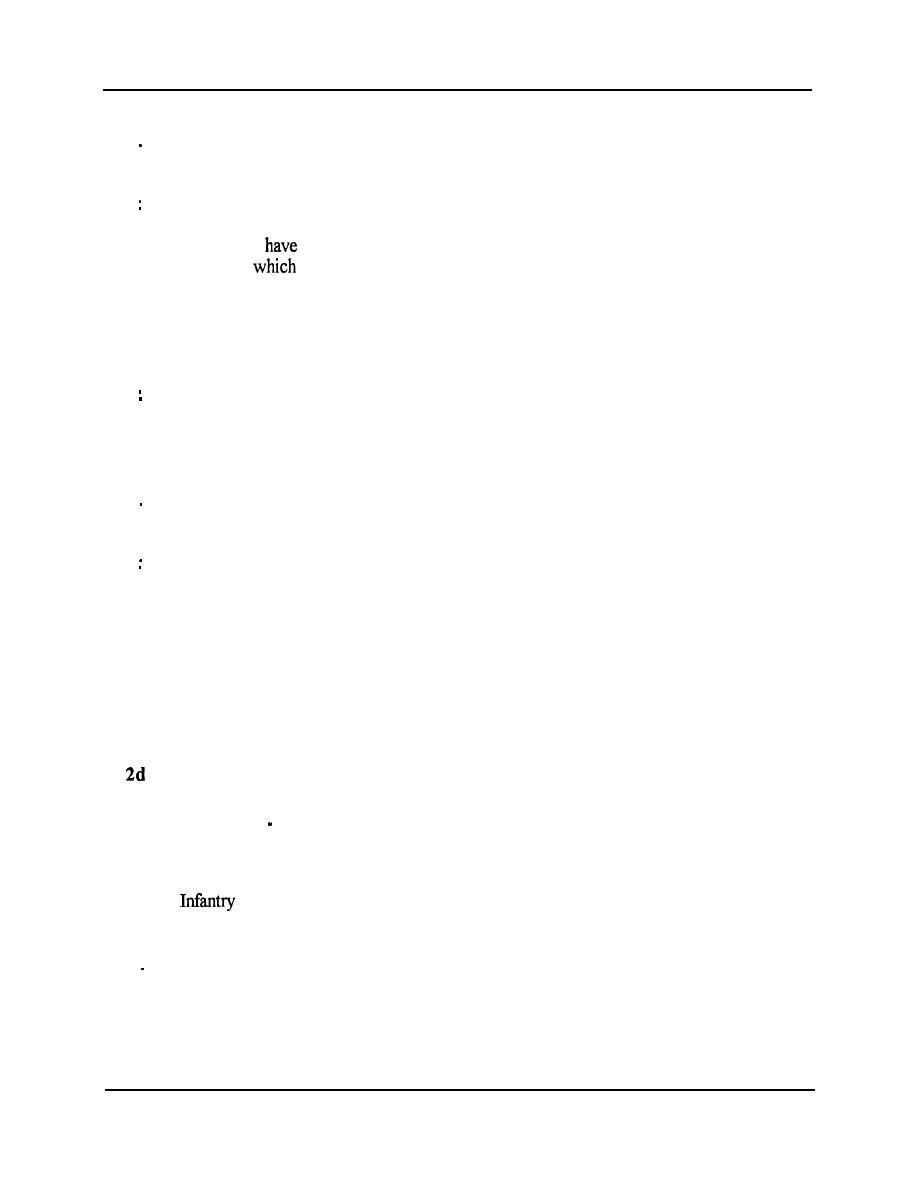
Carroll H. Dunn
Q.
Mobilization is another major concern now, and the World War II experience is being
looked to.
A
I think there are some parallels, but I think we have lots of things now that weren't
problems in those days. We had an ability to shift our economy and move. I question
whether we
that ability today, or whether we have the means to do it in this open
society in
we live. In other words, national action depends on a consensus that
what's being done is right. As I've observed Korea and Vietnam, in no case did that
national will appear.
Q ..
But it was true in World War II?
It was true in World War II.
A
1153d Engineer Combat Group, Le Havre, France, 1945
Q.
After the surrender in May 1945, your assignment was to the 1153d Engineer Combat
Group in Le Havre.
This was a group that had supported us on several occasions in operations during the
A
Bulge, and it actually was the major engineer support for the Rhine River crossing.
Ninth Army made a decision to change group commanders for what they felt were
proper reasons, and on about one hour's notice I was assigned and moved from the
division to command the group in Germany. Shortly thereafter, the group headquarters
without assigned units moved to Le Havre to serve as the processing headquarters for
engineer units being rotated out of the European theater, either to the U. S. or direct to
the South Pacific for the assault on Japan.
Infantry Division, 1945-1946
I actually staved with the group less than two months, and then was reassigned to the
2d Infantry Division as it came back through Le Havre on its way to the United States
in preparation for going to Japan. This was at the request of the division commander,
whom I knew quite well. He had been the assistant division commander of the 30th
Division through most of its operations. He was looking for a G-4 and asked
me if I would take on the job.
Q.
Who was the commander?
55



 Previous Page
Previous Page
